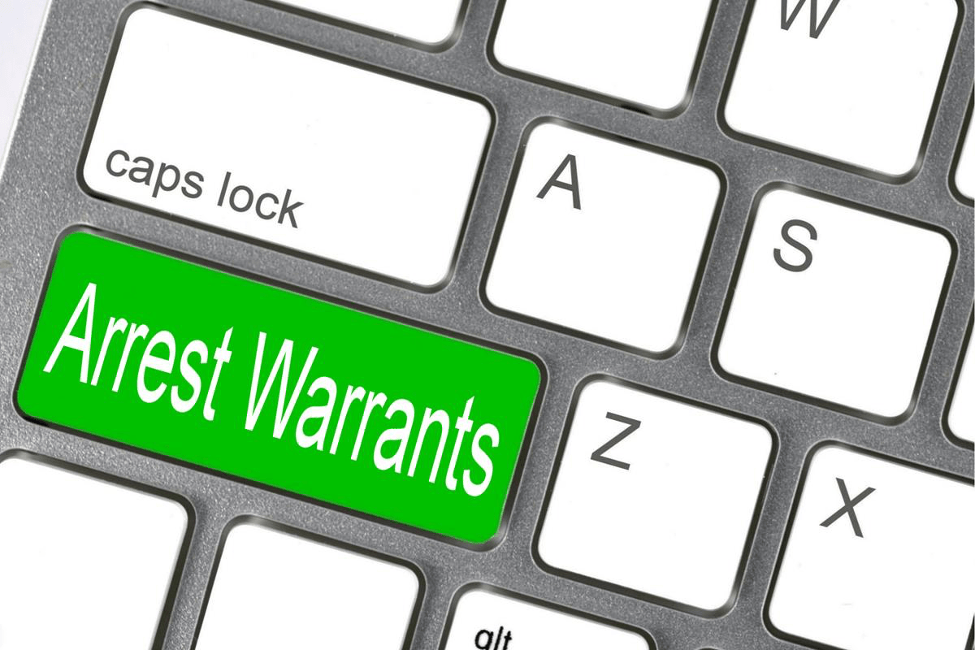
You are driving down the street on your way home from work. You put on a little speed because you are late for dinner. You hear the sound of sirens and your heart begins to race. You have warrants and you wonder if you should pull over or go faster.
Before you lead the police in a chase down the highway, you may want to know a few facts about arrest warrants and how you can deal with them.
1.What an Arrest Warrant Is
An arrest warrant is a document signed by a judge that mandates an individual be brought to a jurisdiction in which legal charges have been made against them. There are two different ways an arrest warrant is normally issued. When police are investigating a crime, they look for evidence as to who committed that crime. If they have a solid amount of evidence against an individual, they will want to arrest that person. An attorney for the government will ask a judge to issue a warrant for their arrest.
The other kind of arrest warrant occurs when a person is served with a summons to go to a hearing and then fails to show up. For example, if you are arrested for drunk driving and you do not show up for a court date, a warrant will be issued for your arrest.
2. Probable Cause Must be Established
The Fourth Amendment of the Constitution says that before a warrant can be issued or a search can be performed, probable cause must be established. Law enforcement must have a reasonable suspicion that a crime has been committed.
In order to establish probable cause, the police must show objective evidence to a judge. The judge will then decide if a warrant should be issued.
The rule exists so that officers will not arrest people on the basis of prejudice or other emotions.
3. Depending on the Crime and the State: You May be Extradited
If police in one state pull you over and find that you have a warrant for your arrest in another state, they will arrest you. Extradition takes place when you are sent back to another state to face criminal charges. This is a fairly costly process in will only be used in the case of a serious crime.
4. Search Warrants are Often Issued Before Arrest Warrants
When law enforcement officers are trying to establish probable cause, they will often conduct a search. In order to do this, they will usually have to obtain a search warrant. A search warrant may only be issued on certain grounds. Basically, the property being searched must have been used to commit a crime or hide something stolen or illegal. The property that is to be searched must be named in the warrant.
5. A Criminal Defense Attorney Can Question Probable Cause
If an arrest warrant is issued based on evidence found during a search and that search was not legal, a criminal defense attorney such as lawyer Parikh, may be able to get the charges dropped. A search warrant must be filled out and executed correctly.
If there is a warrant out for your arrest, it is important to know your rights and call an attorney. Your freedom is the most important thing you have, knowledge and preparation will help you to protect it.



